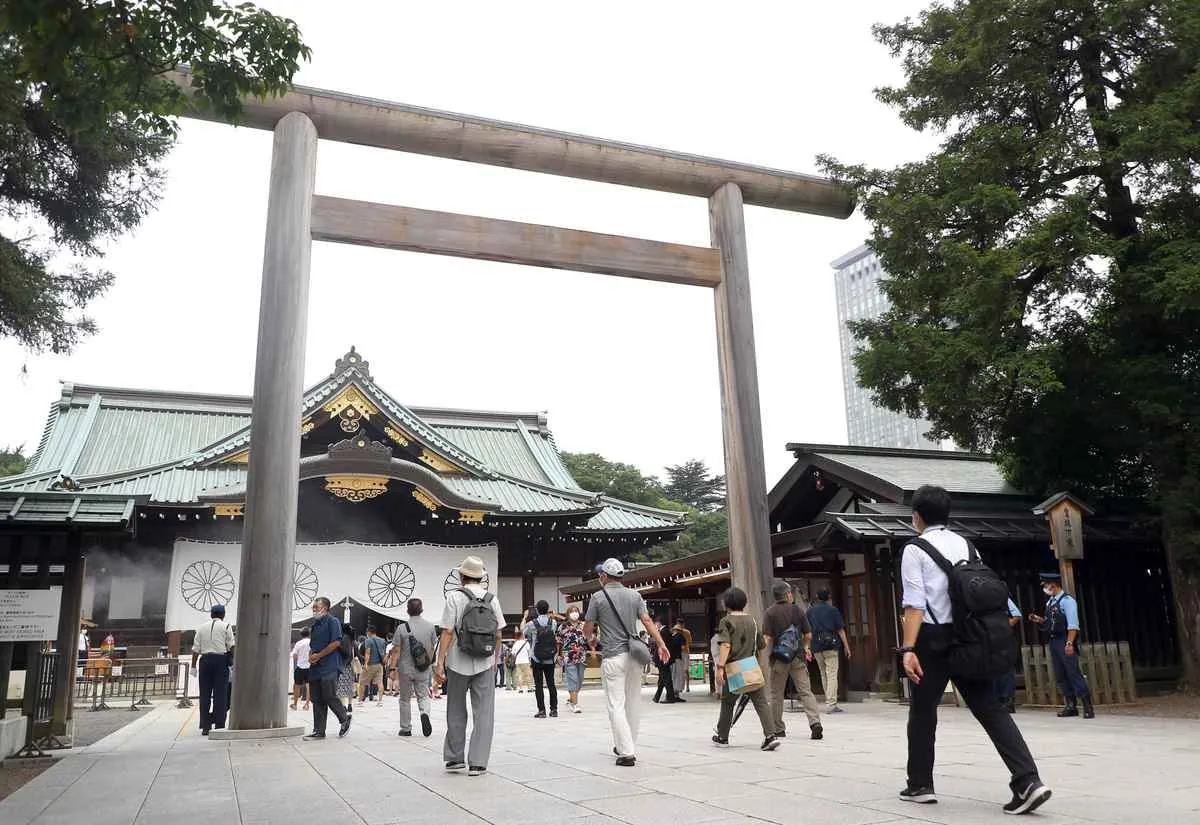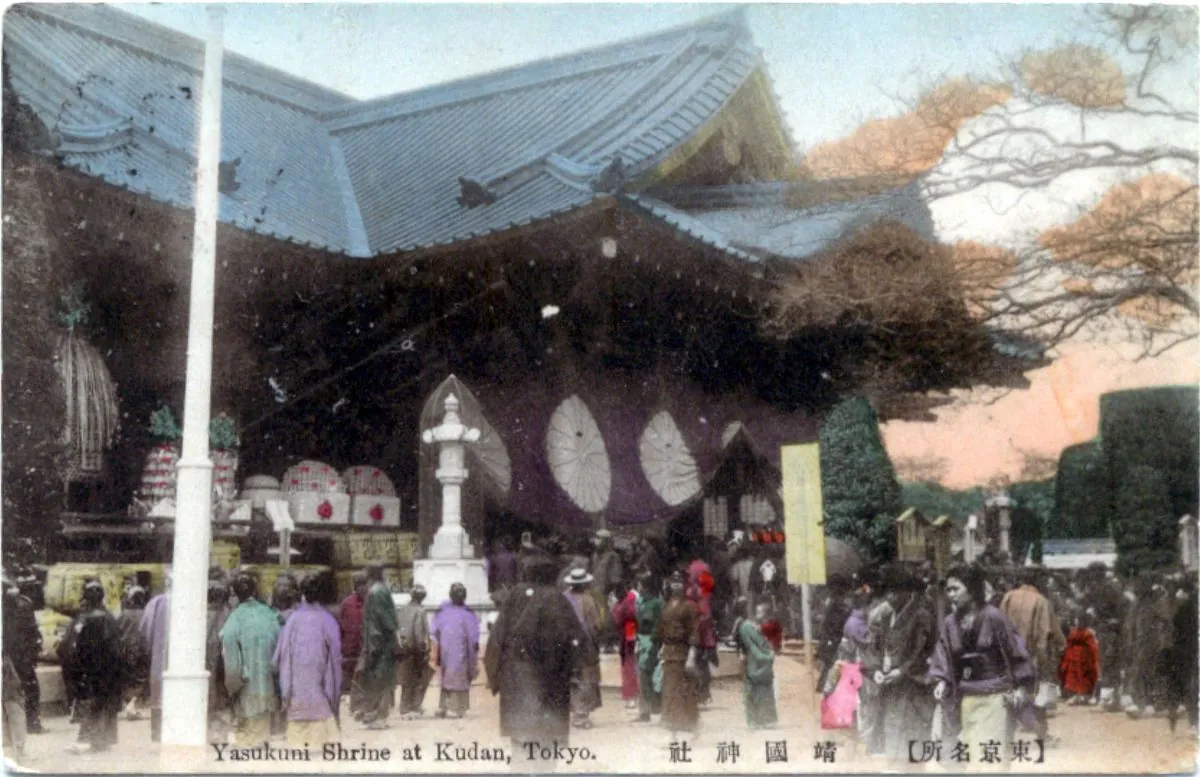Japanese Ministers Visit Controversial Shrine on WWII Anniversary
Three Japanese cabinet members visited Yasukuni shrine on the 79th anniversary of World War II's end, sparking controversy. The shrine, honoring war dead including convicted criminals, remains a sensitive issue in East Asia.

On August 15, 2024, marking 79 years since Japan's defeat in World War II, at least three cabinet ministers visited the controversial Yasukuni shrine in Tokyo. This action has reignited tensions with neighboring countries, particularly South Korea and China, who view the shrine as a symbol of Japan's past militarism.
Minoru Kihara, Sanae Takaichi, and Yasutaka Shindo, holding positions in defense, economic security, and economic revitalization respectively, paid their respects at the shrine. Established in 1869 during the Meiji period, Yasukuni honors approximately 2.5 million war dead, including 14 Class-A war criminals such as wartime Prime Minister Hideki Tojo.
Kihara expressed his condolences, stating:
"I would like to express my heartfelt condolences today to all those who sacrificed their precious lives and pay my deepest respect."
The shrine visits occurred shortly after Japanese Prime Minister Fumio Kishida and South Korean President Yoon Suk Yeol agreed with U.S. President Joe Biden to strengthen security ties. This timing has raised concerns about potential diplomatic repercussions.
Japan's Chief Cabinet Secretary, Yoshimasa Hayashi, emphasized that the visits were made in a private capacity, stating it was natural for nations to honor those who died for their country. However, South Korea's foreign ministry urged Japanese leaders to reflect on history, considering it crucial for improving bilateral relations.

Prime Minister Kishida, who plans to step down in September 2024, did not visit the shrine personally but reportedly sent an offering. No serving Japanese prime minister has visited Yasukuni since Shinzo Abe in 2013, which at the time drew criticism from then-U.S. President Barack Obama.
The controversy surrounding Yasukuni stems from its enshrinement of war criminals in 1978, which led Emperor Hirohito to cease his visits. The shrine's war museum has been criticized for presenting a revisionist view of Japan's wartime history, further complicating its status.
As Japan navigates its complex historical legacy, the annual visits to Yasukuni by politicians continue to strain relations with China and South Korea. The shrine's irreversible enshrinement process, according to Shinto belief, has led to proposals for alternative war memorials in Japan, highlighting the ongoing struggle to reconcile remembrance with regional sensitivities.


































